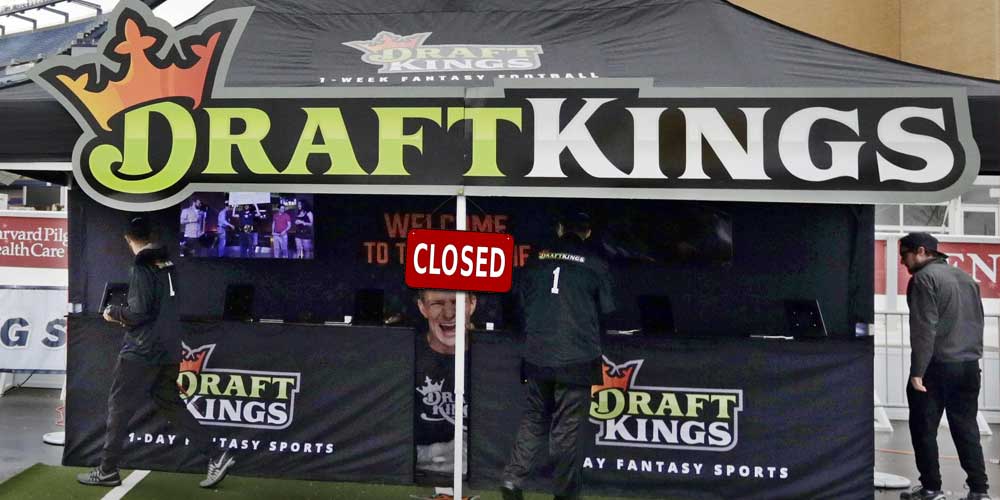New York Court Declares Daily Fantasy Sports Unconstitutional

- The New York Constitution bans games of chance that aren't regulated by the state.
- Daily fantasy sports have been interpreted differently in different states.
- New York has mixed feelings about whether or not daily fantasy sports are considered gambling or not.
NEW YORK - New York courts have been going back and forth about whether or not daily fantasy sports is constitutional or not.
In an appellate court ruling earlier this week, the activity was ruled unconstitutional and not a game of skill despite earlier court rulings.
The New York government has strict rules against any sort of gambling except for those that are horse racing, in-state lottery or approved casinos.
The reason being is that the New York government takes a percentage from any of these gambling spots. Daily fantasy sports companies, however, often operate in states under a legal grey area.
Technical Meaning Of Daily Fantasy Sports
Daily fantasy sports has a strong similarity to regular fantasy sports leagues that someone would do with a group of people over the course of a season. One thing to note is that instead of having money on the line for a whole season of a sport, you only have money on the line for a day.
One more thing that differentiates the two is that instead of selecting a group of players for an entire fantasy season, in daily fantasy, you put together a group of players for just one day.
Having Mixed Feelings
The New York government has mixed feelings about whether or not daily fantasy sports are considered gambling or not.
It does indeed involve a certain level of skill. The most important skills being to learn and know the different aspects of the players that you are choosing for your team. This could be reasoning as to why it is not gambling.
A case could be made the other way as well. The way that daily fantasy and 'chance' coincide is that although picking a player and knowing about them is part of a skillset, there could be a chance that they underperform as well.
The argument for games of skill vs. games of chance has also been seen in other states who are considering legal sports betting and online poker.
